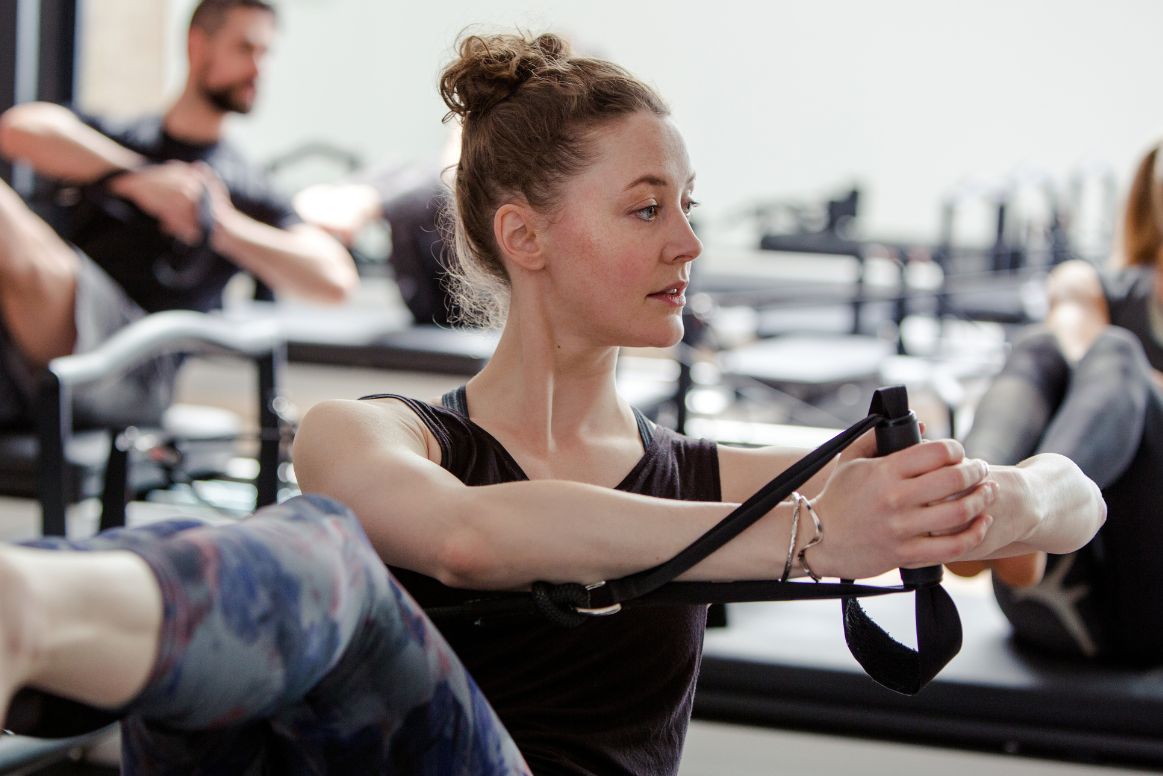Sometimes it can be hard to get out of your mind and into your body, but one of the best ways to ‘switch off’ and give our most complex organ a rest is through exercise. As it turns out, exercise and movement also play a pivotal role in our overall brain health, and a happy brain could mean a longer life. A double win!
What is brain health
You’re probably clear about what a healthy body means, but have you ever considered a healthy brain?
Brain health covers a range of areas. First up, there’s cognitive health (the ability to think, learn, remember) and motor function (the brain’s role in movement and co-ordination).
Then there’s emotional function (how we process and regulate emotions), and tactile and sensory functions (inputs from our senses). There’s a lot going on!
From the moment you’re born, your brain is constantly changing, forming neural connections, developing abilities and even changing size. Research suggests the brain starts to shrink from the age of 60, there may be slower processing, a decline in motor skills and even a decrease in neurotransmitters (the body’s chemical messengers).
Brain power and longevity
Just like maintaining a healthy body, good nutrition and exercise are associated with a healthy brain. Exercise can increase blood flow to the brain and stimulate the release of neurotransmitters that impact so many brain functions. Two that are supercharged during exercise are dopamine and serotonin.
Dopamine, our feel happy hormone, has long been known to give us a pleasure high post workout, but a 2024 study has linked it to improved cognitive performance and reaction times. Ideal if you’re into sports like football, tennis or boxing, but equally handy for keeping you sharp as you age.
Serotonin, meanwhile, improves sleep, which in turn is directly linked with improved memory and is crucial for our longevity, boosting immunity and our metabolism, as well as supporting our mental health.
“Movement isn’t just about building strength, it’s about finding clarity and balance,” says Jessie Blum, movement expert and founder of Heartcore. “It can reduce rumination, shifting our brain activity away from repetitive worry loops. Pilates works with coordination and balance, which challenge the brain in ways that go beyond movement, sharpening focus, strengthening neural pathways and creating steadiness both physically and mentally.”
This ‘neuroplasticity’ is the brain’s ability to generate new pathways, which has been shown to be powerful in supporting stress management, with research backing up the idea that exercise reduces the brain activity associated with anxiety.
A relaxant for your mind
We know that conditions like depression and anxiety can lead to physical health issues. So it makes sense to use exercise to naturally increase the neurotransmitters that can support our mental wellbeing and brain health.
Norepinephrine, for example, plays a critical role in the body’s fight-or-flight response. It works to keep us alert and ready to move, as well as helping to regulate blood pressure and heart rate during stress. Norepinephrine can decrease during depression and increase during exercise.
A UCL study of 152,978 people aged 40 to 69 found that people with low aerobic and muscular fitness are nearly twice as likely to experience depression. One of the senior authors, Dr Joseph Hayes, cautions: “A combination of cardio and strength and resistance training appears to be more beneficial than just focusing on aerobic or muscular fitness.”
Endorphins and cortisol are also released during exercise. The first gives us that glorious lift after exercise and the latter is known as the ‘stress hormone’. While a spike in cortisol might sound bad, movement can actually help us withstand stress by reducing chronic cortisol.
“Consistent, regular movement is key to balancing cortisol, rather than spiking it, and for building a foundation of resilience,” agrees Jessie. “The controlled, rhythmic movements and breathwork of Pilates only enhances this effect, because it is known to strengthen heart rate variability (HRV), which improves our resilience to stress.”
So with good brain health comes a better chance of a good healthspan and lifespan, making exercise a powerful tool for longevity. Of course, you need a strong body too (find out more in How to Live Long & Strong and Movement for Longevity). But it’s a bonus to know that the exercise you do can so holistically improve not just the physical, but the mental too.
Ready to strengthen both body and mind? Discover how Heartcore’s Pilates classes can support your mental clarity, emotional balance, and full-body resilience — book your class here.
